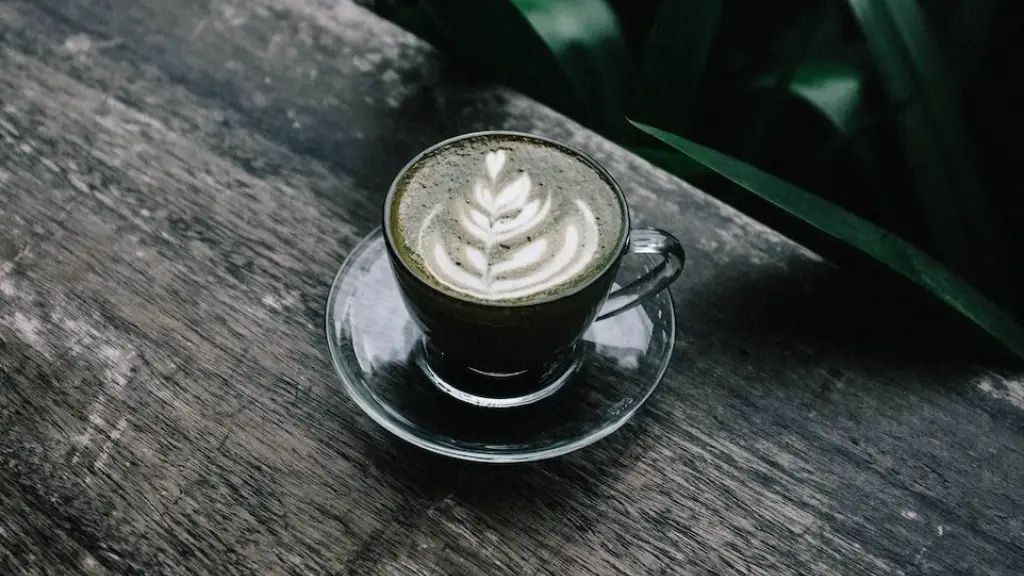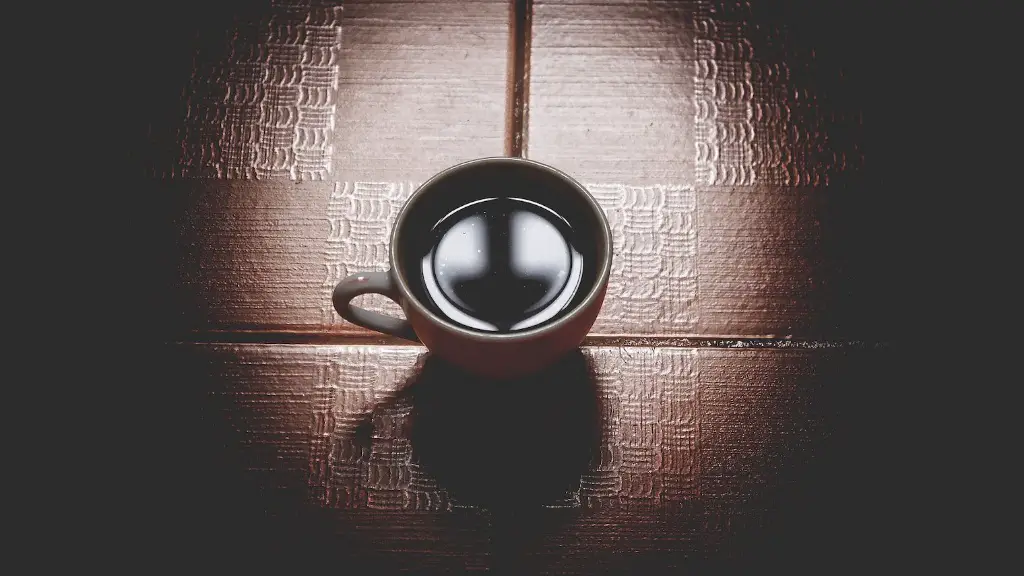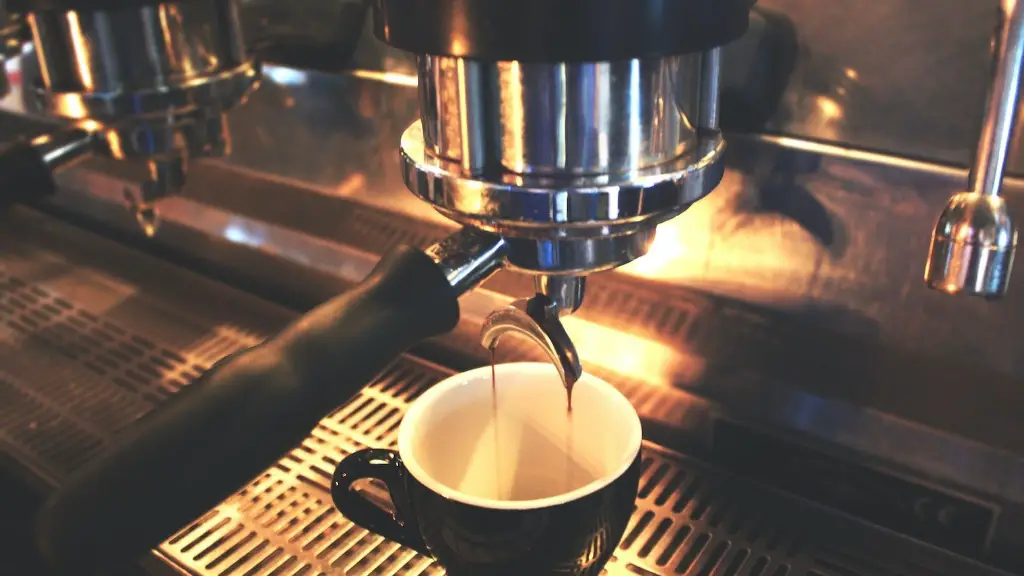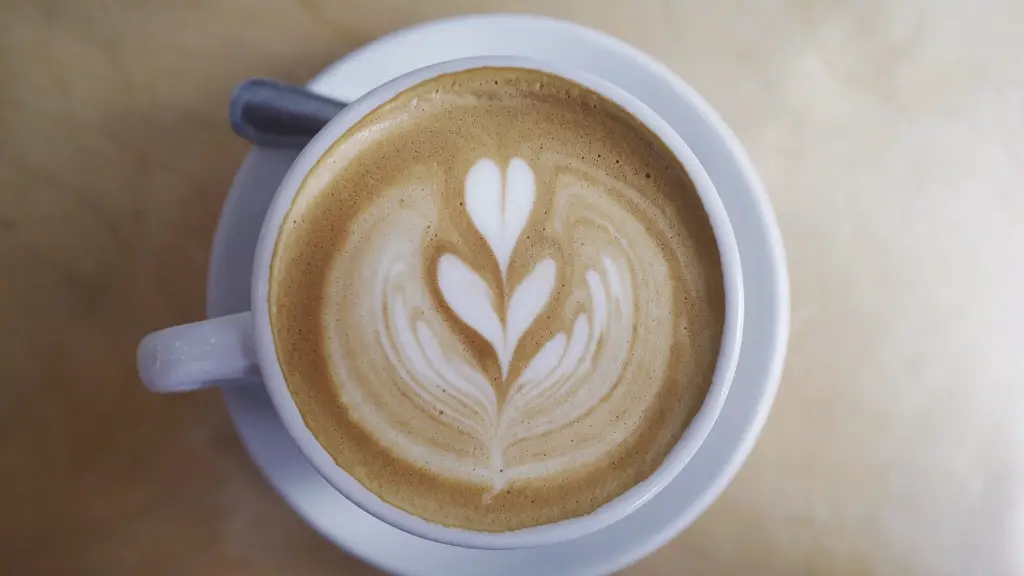Can You Drink Coffee When Fasting?
As more and more people turn to fasting as a means of improving their physical and mental health, one of the most common questions being posed is: can you drink coffee when fasting? However, the answer is not as black and white as one would think.
There are a wide range of different fasting protocols that can be chosen from, with varying levels of intensity and duration. Some protocols involve complete abstention from all food and beverages, while other protocols allow for some plant-based foods and drinks. The type of fasting protocol chosen, and whether or not it allows for the drinking of coffee, will depend on the goals and needs of the individual.
Coffee is a diuretic, meaning it increases the rate of urination and can help to flush certain toxins and waste out of the body. However, the caffeine in coffee can also cause the heart rate to increase, which could be an issue during some fasting periods. It is important to pay attention to any changes in heart rate and other physical reactions when drinking coffee during longer fasting periods.
Several studies have suggested that consuming black coffee in moderation during a fast can have health benefits. In a study published in 2017, it was found that drinking coffee during a fast could actually increase the body’s metabolism, thus helping to burn more calories. A similar study conducted in 2018 found that drinking black coffee when fasting could also reduce the amount of free radical damage in cells.
However, experts caution that consuming coffee during a fast may not be the best choice for everyone. Those who already have digestive issues and existing medical conditions, for example, may not be able to drink coffee during their fasts. Additionally, coffee can be dehydrating, so if one is already struggling with hydration during a fast then drinking coffee may not be the best choice.
How Much Coffee Is Too Much?
When it comes to coffee, there is no one-size-fits-all answer. Some individuals may be able to drink one cup of coffee during a fast without any issues, while others may find that even a single cup is too much. It is important to pay attention to one’s individual body and any signs of distress or discomfort when drinking coffee during a fast.
Additionally, it is important to pay attention to the type and amount of coffee consumed. As mentioned above, black coffee is generally considered healthier than drinks that contain added sugar and other ingredients. Most experts recommend limiting coffee consumption to one or two cups per day during a fast, and avoiding overly caffeinated drinks.
For those looking for an alternative to coffee during a fast, green tea may be a better choice. Unlike coffee, green tea does contain some calories and can help to provide the body with some energy and nutrients. Additionally, studies have also suggested that green tea may have some thermogenic effects, meaning it can help to increase the body’s metabolism and therefore burn more fat and calories.
Does Coffee Break A Fast?
In general, coffee should not break a fast. However, it is important to pay attention to the type and amount of coffee consumed. If the coffee is sweetened with excessive amounts of added sugars or other ingredients then it may break the fast. Additionally, certain coffee concoctions made with cream, syrups, or other ingredients may also break a fast, so it is important to pay attention to what is included in the coffee.
It is also important to consider how different fasting protocols may affect the body when drinking coffee. For example, those performing a longer, more intense fast may be more sensitive to the effects of coffee and may need to pay closer attention to the type, amount, and effects of the coffee consumption.
Side Effects of Consuming Coffee When Fasting
When consumed in moderation, coffee is generally considered safe for consumption during a fast. However, there are some side effects that can occur when drinking too much coffee. These side effects can include an increased heart rate, dehydration, and feeling jittery or anxious.
Additionally, some individuals experience digestive issues when drinking coffee during a fast. This is more likely to occur if one is already struggling with digestion and has an existing digestive disorder. It is important to pay close attention to any signs of digestive upset and discontinue coffee consumption if necessary.
Finally, some people find that drinking coffee makes them feel hungry, even if they are following a fasting protocol. If this is the case, then it may be best to avoid or limit coffee consumption during a fast in order to avoid triggering hunger pangs or cravings.
Can Coffee Help With Fasting?
In general, drinking coffee in moderation when fasting can be beneficial. As mentioned above, studies have suggested that drinking black coffee in moderation during a fast can help to boost metabolism and reduce free radical damage. Additionally, coffee can provide an energy boost when fasting, which can be beneficial for those participating in longer-duration fasts.
However, it is important to note that drinking coffee can also have negative effects. Those who already have digestive issues or existing medical conditions may not be able to drink coffee during a fast. Additionally, it is important to pay attention to the type and amount of coffee consumed and to monitor one’s body for any signs of distress or discomfort.
What Are the Alternatives?
If one is looking for an alternative to coffee when fasting, there are plenty of options available. Herbal teas, such as peppermint and ginger tea, can provide hydration and nutrients. Additionally, green tea can help to provide energy and boost metabolism.
There are also numerous other low-calorie beverages that can be consumed during a fast, such as bone broth, sparkling water, and vegetable juices. Additionally, many fasting protocols allow for the consumption of plant-based foods, such as soups and smoothies. It is important to stick to low-calorie, nutrient-dense options when fasting.
Finally, it is always important to listen to one’s body and pay attention to any changes or reactions. If one is feeling particularly tired or weak during a fast then it may be best to hydrate with water or other low-calorie options.
What Are the Benefits of Fasting?
Fasting is becoming increasingly popular as a means of improving physical and mental health. Studies have demonstrated that fasting can help to raise levels of human growth hormone, which can increase muscle mass and help to reduce fat deposits. Additionally, fasting can also help to reduce inflammation, improve cognitive function, and boost energy levels.
Fasting can also help to reset one’s circadian rhythm, which is the body’s internal clock. Intermittent fasting has been linked to better quality of sleep, more productivity, and improved mental clarity. Finally, fasting can also help individuals to become more mindful of their eating habits and to develop better habits and routines.
Tips For Successful Fasting
In order to get the most out of a fasting protocol, it is important to follow a few key guidelines. Firstly, it is important to focus on consuming nutrient-dense, low-calorie foods when not fasting. Secondly, it is important to stay hydrated by drinking plenty of water. Additionally, it is important to pay attention to changes in appetite, mood, and energy levels when fasting.
Finally, it is important to pay attention to any changes in the body and to stay in tune with one’s own individual needs. If one is feeling tired, weak, or unwell during a fast then it is important to take a break and hydrate with water or low-calorie beverages. Additionally, it is important to discontinue fasting if any signs of distress or discomfort arise.





